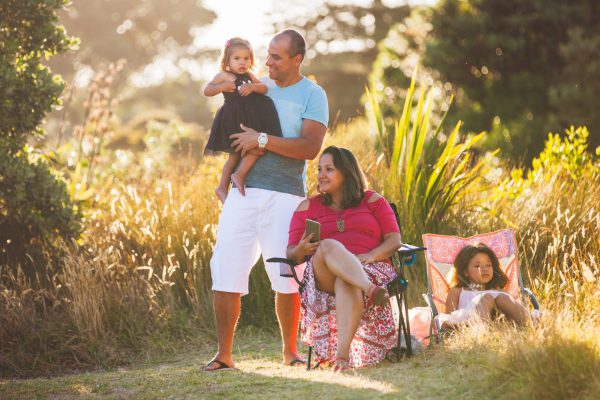Welcome me
-
Small or close-knit communities
Small towns or close-knit communities can be easier than large cities for long term residents and newcomers to develop their sense of belonging. Participants spoke about the welcome and connection in small communities where everyone is friendly, especially if you are new. Others shared about how the sense of community grew from the need to value everyone’s contribution.
That wider network is enough of a connection, it’s amazing. Quality over quantity.
-
That wider network is enough of a connection, it’s amazing. Quality over quantity.
-
It’s a small town, everyone knew when someone new came in. Word of mouth. Also in the teaching community, if there was a new child in school they’d know about it. That’s our culture, we like to welcome new South Africans into the community.
-
It is probably the community where we felt like the community cared about us more. People are interested in how you’re doing. Big cities not as good in small places.
-
The way I think about the transitory, even those who come for a short while: every day we have community here, it’s just a different set of people. I choose to value the difference of what’s coming. How do we make this the best experience for whoever comes here? I don’t think we’re going to be able to change or stop significantly the levers around growth.
-
I can second that, I have a friend group that often has a lot of drama and it is hard not to get involved. You try and distance from it, but then it always brings you back in. Whereas, it is nice having with the community here, it's the inclusiveness of where I work - everyone helping each other because we are all working towards a common goal.
-
What you want out of that sense of belonging is understanding compassion, relationships, those are the things that make the community strong.
-
-
Ways and structures of welcoming
The ways we are welcomed, and the social structures and systems surround these can help us feel belonging. Participants spoke of being accepted into spaces, and how Māori protocols like pōwhiri helped them feel welcome. Participants also discussed moving to Aotearoa New Zealand, and how systems and structures like voting and getting support to find employment - helped them feel belonging.
I feel like I belong when I am genuinely made to feel welcome.
-
I feel like I belong when I am genuinely made to feel welcome.
-
Belonging in one way is acceptance of individuals and groups. But also the sensitivity and effectiveness of the system as well. So it’s belonging to a group at a system level as well.
-
With the communities I work with - what gives them sense of belonging is: Access to employment, Ability to vote, civic access, being able to make community-led decisions, having people look like you look, little nuances and bigger picture similarities.
-
When moving to a new country, you are very much vulnerable, and have to ask for help. But coming to NZ, systems are pretty good. You don’t have to have much sense of entitlement because everyone is entitled. There are so many programmes that invite you and try to include you. Back at home, if I wanted to join a sports swimming [club], I would have to have a reference, a connection to go to that place.
-
We have powhiri for new staff, and the informal welcoming of all students. I appreciate the experience, formal welcoming and karakia. Conversation between guests and hosts, and hongi. Each and every student goes through that process. Really wonderful experience. I join every semester. Something wonderful to share. A turning point where students feel welcome, feel belonging, feel part of the community here.
-
A broader concept of welcome, you’re welcome in whatever you’re bringing into the space, community, workplace, whatever it might be.
-
Belonging is knowing where you stand in relation to others. If there are structures where people have welcomed you.
-




